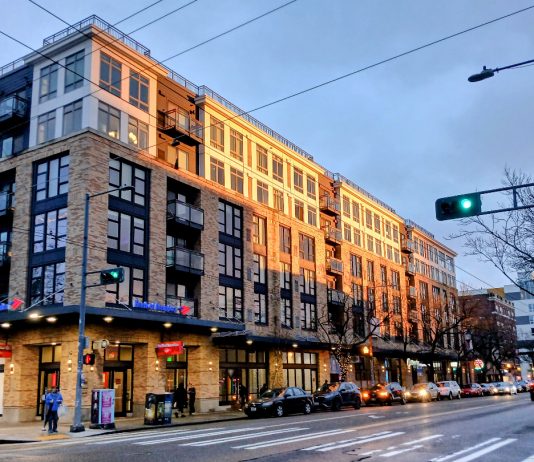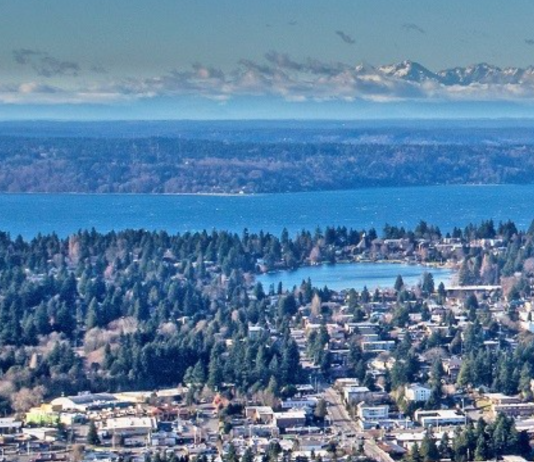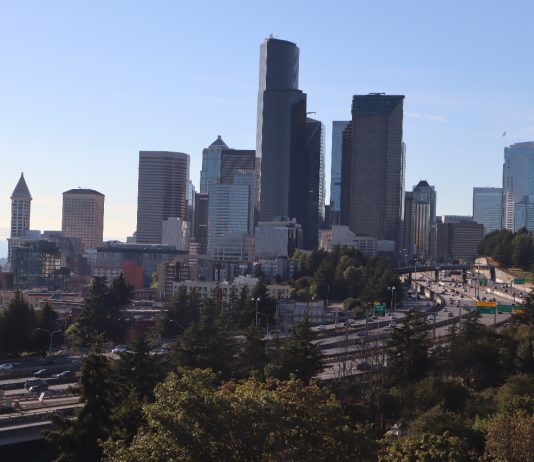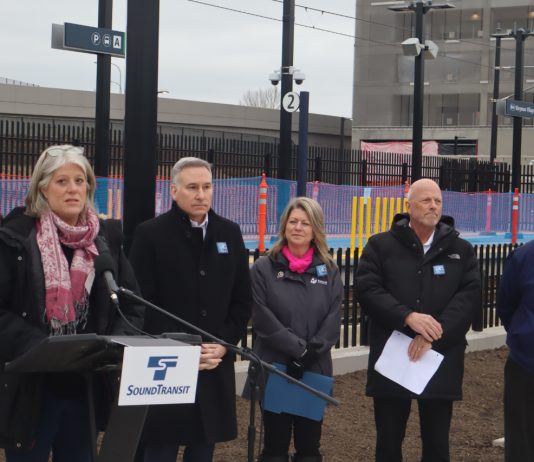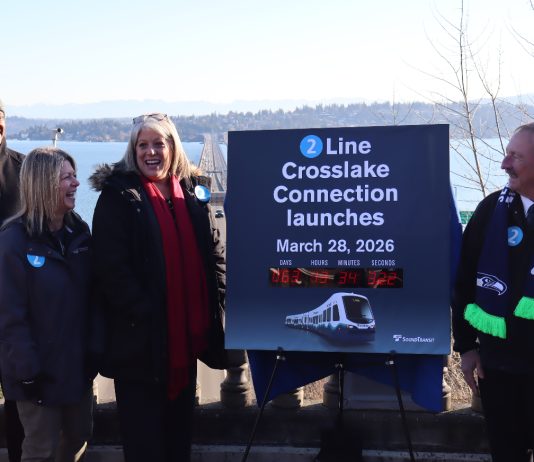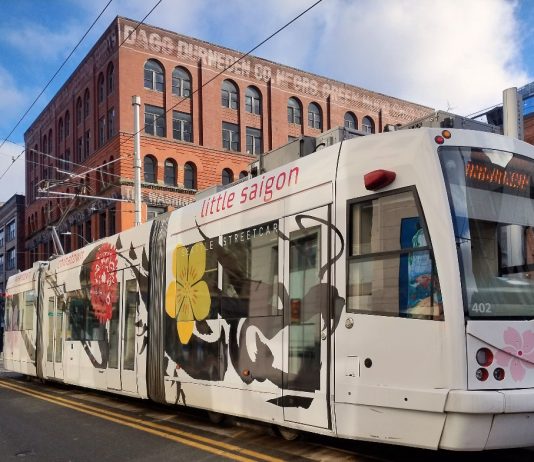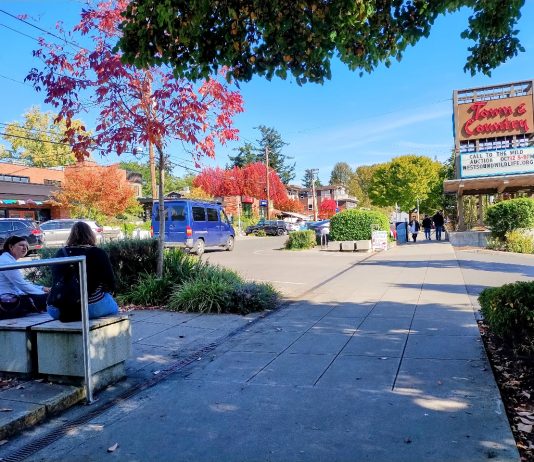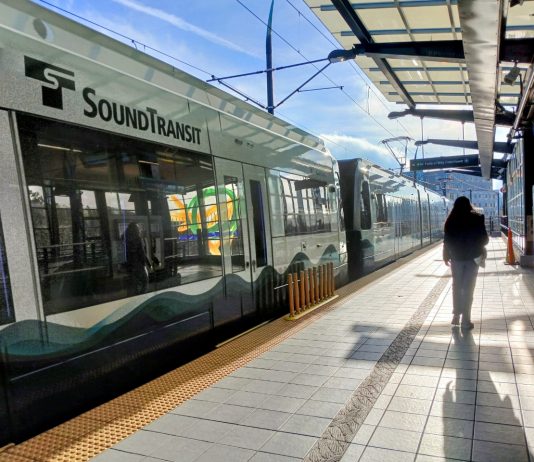Ryan Packer
685 POSTS
0 COMMENTS
Ryan Packer has been writing for The Urbanist since 2015, and currently reports full-time as Contributing Editor. Their beats are transportation, land use, public space, traffic safety, and obscure community meetings. Packer has also reported for other regional outlets including BikePortland, Seattle Met, and PubliCola. They live in the Capitol Hill neighborhood of Seattle.
Intended to reduce barriers that are preventing lower-density commercial buildings from getting redeveloped into housing, Senate Bill 6026 would target mandates for storefronts in new housing projects. After concerns were raised around impacts on neighborhood vibrancy, the proposal was scaled back ahead of its first committee vote.
The close vote earlier this week was a strong signal of a change in direction for Burien, which saw a 5-2 moderate council majority flip to a 4-3 progressive one last November.
Birds Connect Seattle, Thornton Creek Alliance, and the Orca Conservancy are among the groups trying to send the City of Seattle back to the drawing board on its housing growth plan. They're pushing on behalf of an appeal that has been working its way through the courts since April.
Claudia Balducci, the second longest serving member of the Sound Transit board, will no longer be a member of the committee she's lead since 2018. The swap out comes just as the board faces critical decisions around the future of the Sound Transit 3 expansion plan, work that will largely be hashed out in policy committees.
Eagerly awaited by transit riders, the full 2 Line light rail connection will finally bridge Seattle and the Eastside and bring expanded train service all the way from Redmond to Lynnwood. The expansion will bring stations at Judkins Park and Mercer Island online.
As the First Hill Streetcar celebrates a decade carrying riders, questions mount about the future of the Seattle Streetcar network as a whole. With a plan to finally connect the two existing lines being declared dead, the status quo is likely not sustainable.
The reviews are the first to take place under the 2025 Housing Accountability Act, intended to spur housing construction by reducing barriers added at the local level. Growth plan reviews are one step in a process that could lead to ramifications for governments that don't make changes, including the much-discussed "builder's remedy."
With creative tools needed to get the entire Sound Transit 3 network across the finish line as planned, Sound Transit is turning to the idea of 75-year bonds. If the Washington State Legislature OKs the concept, the move would mean extending debt to finance light rail projects into the next century.

